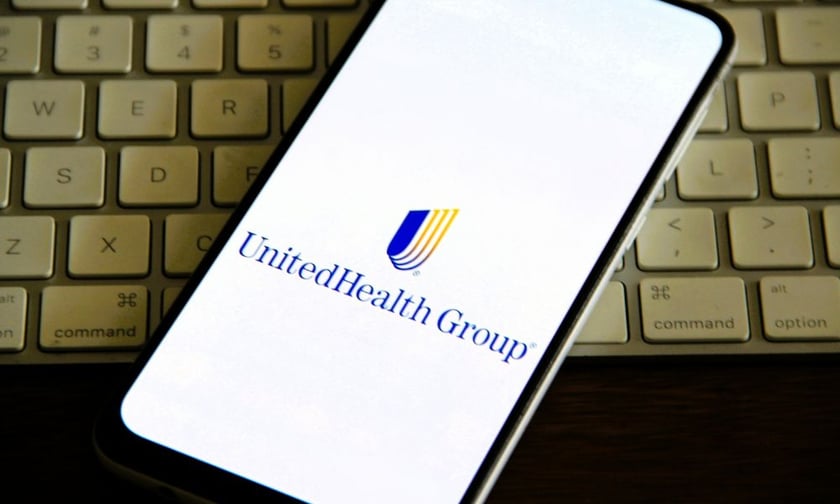

As the largest health insurer in the United States, UnitedHealth Group is under increasing pressure to address criticism about care denials, rising costs, and a complex system that many patients say is difficult to navigate. Its new CEO is now responding publicly, pledging improvements in how it communicates with patients and streamlines access to care.
The move follows months of public scrutiny - including a viral social media backlash after previous chief Brian Thompson was killed on his way to an investor meeting in December. The shooting, and the reaction that followed, exposed a growing rift between how the company views itself internally and how it’s perceived by the public.
In interviews conducted in March, UnitedHealth executives acknowledged that many consumers feel lost in the health system and frustrated by delays caused by prior authorizations and coverage denials.
Tim Noel, who stepped into Thompson’s former role leading the insurance unit, said, “We are fixing them,” while also acknowledging ongoing challenges.
The company has since begun efforts to cut back on the number of medical services requiring prior approval. For Medicare specifically, the company reports a 40% reduction in prior authorization requirements since 2016. UnitedHealth is also working on tools to help physicians and patients check insurance coverage, receive approvals, and get cost estimates directly from the exam room.
The reforms are part of a broader transformation of the company’s business model - from a focus on employer-sponsored insurance to expanded direct care delivery through its Optum Health unit, which now serves nearly five million patients under Medicare-like arrangements.
But challenges remain, particularly in the Medicare Advantage space, which accounts for 40% of UnitedHealth’s revenue. During a Senate confirmation hearing in March, CMS nominee Mehmet Oz questioned how insurers like UnitedHealth use in-home visits to assess patient needs - practices that can impact federal reimbursements.
UnitedHealth defended the visits, saying they help identify mental health risks, medication issues, and unsafe home environments. Optum CEO Heather Cianfrocco said the approach “gets eyes and ears on the patient in their setting,” with findings shared with the patient’s primary doctor.
Still, some experts remain skeptical. Georgetown University researcher Sabrina Corlette noted that consumers face greater out-of-pocket expenses today than they did a decade ago, contributing to rising dissatisfaction.
Amid these pressures, Noel and other leaders say UnitedHealth is committed to making care simpler and more transparent.
“Are we driving better health outcomes for people and are we creating a more affordable health system? If you’re able to do that, that’s something that everyone can coalesce around,” UnitedHealth chief financial officer John Rex said.
